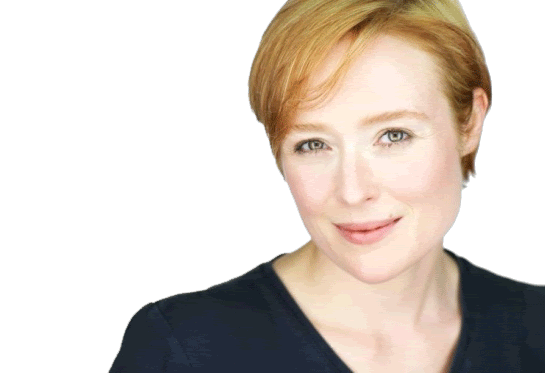By Phillip Adams
19 July 1997
The Australian
(c) 1997 Nationwide News Proprietary Ltd
Moving from the mystery of Durbridge to the mysteries of Melissa, we find Bleasdale in good form. Certainly his fingerprints are all over the production, which he has difficulty taking seriously. So that the grimness of proceedings, involving a rapid succession of quite nasty murders, is juxtaposed with an increasing sense of humour. Towards the end of the six episodes, Bleasdale's rather subversive attitude to the material gets a bit out of control - so that just when you're aghast at what's happening to the only admirable characters in the cast, just when you wish there were commercials so that you could whiz out and make a calming cup of tea, Bleasdale decides to take the piss out of the proceedings.
He does this via a couple of exceedingly droll detectives who are to Melissa what Rosencrantz and Guildenstern are to Hamlet. Or, come to think, Vladimir and Estragon to Waiting for Godot. They're very, very funny characters, ingeniously written and beautifully played, but they're in the wrong series. It's as if Jane Campion had hired Frankie Howerd to do a comic spot while Sam Neill is hacking off Holly Hunter's finger in The Piano.
Melissa is played by Jennifer Ehle, who you'll recall from Pride and Prejudice. She was the one with brunette curls who sat giving her Mona Lisa smile while embroidering doilies. Well, in Melissa she's got a defiant mane of blonde hair and keeps screaming with laughter. And there are none of those social inhibitions this time round. A hundred and seventy years down the track from Jane Austen, she's not at all prejudiced about dark, smouldering, somewhat snooty young men. When she feels like playing hospitals with Tim Dutton she simply jumps on him.
A lot of the story is told at parties on an ocean liner and in London. Here Ehle is surrounded by her mates in PR, people who provide much the same services for celebrities as Edina in Abfab. So they're into lots of Bolly and parties and generally behaving like worthless ratbags.
But what makes them different is that one of them is going around killing people. Is it Ehle? Or is it, perhaps, her boss, Julie Walters? But it couldn't be her, could it? After all, Walters seems so nice. Always laughing and just about always drunk. Could it be Diana Weston, the singer on the skids? The one who keeps giving godawful impersonations of Barbra Streisand and Shirley Bassey. No, it must be one of the blokes. But they're all too silly to be sinister.
So perhaps Melissa, marvellous, mellifluous, magnetic Melissa, is the murderer. Or perhaps it's her boyfriend Tim, the burnt-out foreign correspondent. Has seeing all that horror in Somalia and the Balkans made him snap? Is he sneaking off at night when Melissa's asleep and butchering her absolutely fabulous friends?
Well, you're going to have to watch six episodes to find out. But you'll enjoy them enormously, thanks to Bleasdale's somewhat irreverent approach to his task. And the experience may bring back to you the memories of Sunday nights when the whole family watched TV together.
That's what you get with Melissa. Good, old-fashioned TV all revamped for the 1990s. Only one thing hasn't changed. The one that did it is the last one you'd suspect.




No comments:
Post a Comment